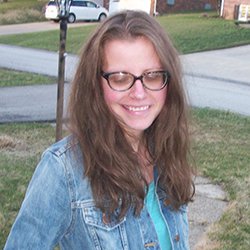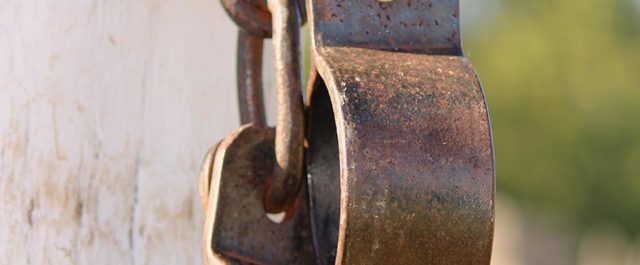Ashley Kunsa
I want to like free writing. I really do. I want to pick up my pen, flip the switch on my inner censor, and stream glorious ink across a college-ruled page. I also want Deadwood to finish what it started and Oreos to have eight calories apiece, but, after years and years of fruitless pining, a person gets to thinking, “This probably is what it is and not what I want it to be, huh?”
I started teaching college writing workshops in 2007, and between 2000 and 2008 I was a student in them fairly consistently. That means free writing and writing exercises have been a part of my existence, in some way or another, for about the past fifteen years, which is a little less than half my life so far. And you know what? I’ve never liked them. Why? Because I’m bad at them. Seriously bad.
As the mother of a small child, this is a terrible attitude to advertise—I don’t like this because I suck at it!—and it’s certainly not the lesson I repeat when my son’s struggling to peel his left (velcroed) shoe off. Nor do I parade this anti-ideal around my classroom. I hammer the revision drum, tell my students to take risks, to try the things they’re uncomfortable with. This isn’t just lip service; it’s sound writing advice.
But I’ve tried and tried to get in sync with these basic writing techniques, and the result is always the same: weak verbs, boring sentence constructions, leaden images, and characters who say things like, “I have to use the bathroom.” Somewhere along the pedagogical line, at some point in my own training as a fiction writer, I must’ve missed the message.
For me, free writing is like a 5–10 minute prison; it’s anything but “free.” I feel so much pressure to produce something good—something off-the-cuff! unexpected! lyrical yet quirky yet on and on and on—that I end up, well, shackled to my expectations, never taking flight. Then I sheepishly share my product (if I must), wishing I could add, “But my real writing is better than this, I swear.”
But not my students. They flow with free writing. List making, writing from the POV of a guy dressed like the Easter bunny or a woman with a Mona monkey perched on her shoulder. And writing exercises provoke some of their best work: character sketches; observation exercises; imitations in the style of Colum McCann’s Let the Great World Spin, Jamaica Kincaid’s “Girl,” or Hemingway’s “Hills Like White Elephants.” This stuff pushes their boundaries. It makes them, well, better writers—like it’s supposed to.
Then there’s the small group of veterans for which I co-lead a writing workshop at my university. Virtually none of these students have any background in creative writing, yet the stuff they come up with in our ninety minutes together makes me blush—such as the former Navy Corpsman who, in response to one prompt, wrote a hilarious little bit about a snarky kid whose grandma busts him for dealing candy on the playground. Then I had to read my super creative and brilliant (psych!) response, where Grandma chastises the teenager for hanging out with ne’er-do-wells and turning off his cell phone.
On Seinfeld, Gwen tells George, “It’s not you, it’s me.” This time, I’m pretty certain it actually is me. But, at this point, I don’t think there’s much to be done about it. I’ve been at this writing thing for a while now, and free writing and exercises have been around a lot longer than that. It’s fine though: we can continue to occupy our separate corners, each doing our own thing. I’ll continue to use them as tools to help young writers develop their craft, and, who knows—maybe one day I’ll surprise myself and write a magical, ethereal Oreo that floats off the page and into the pink-glazed sunset. Or something.
 Ashley Kunsa‘s short fiction and creative nonfiction has appeared in or is forthcoming from the Los Angeles Review, the Roanoke Review, Hot Metal Bridge, Eastern Iowa Review, and elsewhere. She was awarded the Orlando Prize by the AROHO foundation and holds an MFA from Penn State. Currently, she’s completing a dissertation on Iraq War fiction at Duquesne University in Pittsburgh, PA, where she teaches courses in fiction writing, American literature, and composition. You can find her online at www.ashleykunsa.com.
Ashley Kunsa‘s short fiction and creative nonfiction has appeared in or is forthcoming from the Los Angeles Review, the Roanoke Review, Hot Metal Bridge, Eastern Iowa Review, and elsewhere. She was awarded the Orlando Prize by the AROHO foundation and holds an MFA from Penn State. Currently, she’s completing a dissertation on Iraq War fiction at Duquesne University in Pittsburgh, PA, where she teaches courses in fiction writing, American literature, and composition. You can find her online at www.ashleykunsa.com.
